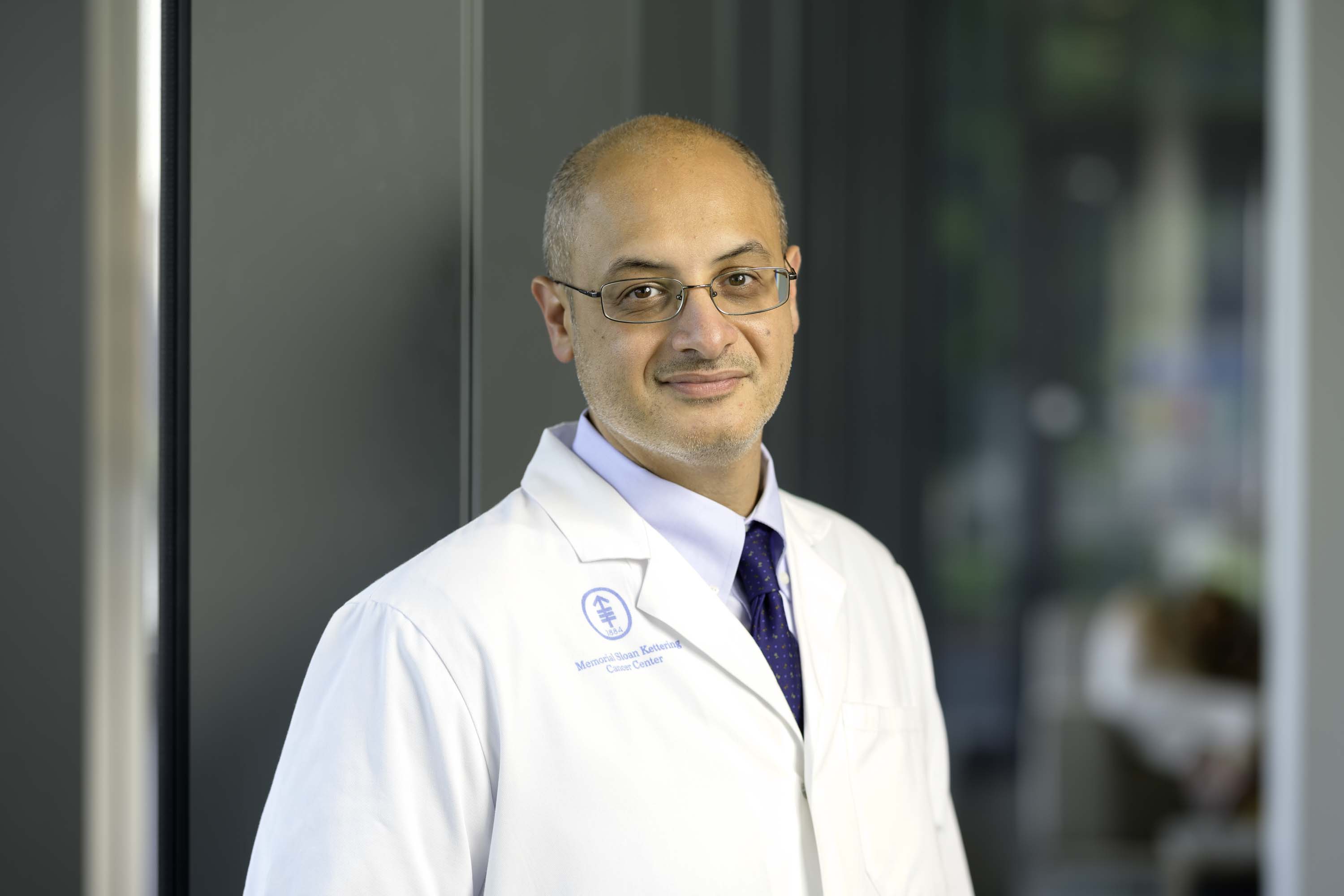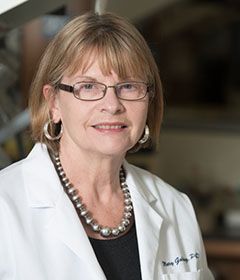
Bio

Mary B. Goldring, Ph.D., is Senior Scientist and Co-Director of the Tissue Engineering Regeneration and Repair Program in the Research Division at the Hospital for Special Surgery. Her research has focused on the molecular regulation of extracellular matrix remodeling with special attention to cartilage biology. Her major contributions include:
- The identification of the molecular mechanisms involved in the cellular response to inflammatory cytokines pertinent to the pathogenesis of osteoarthritis and rheumatoid arthritis
- The development of in vitro models, including human chondrocyte cell lines, for the study of chondrocyte biology
- The characterization of transcription factors regulating collagen gene expression in chondrocytes and fibroblasts
- The identification of novel mediators of cartilage development and homeostasis that are deregulated during osteoarthritis
Since the chondrocytes in adult human cartilage are normally quiescent and maintain the matrix in a low turnover state, understanding how they undergo phenotypic modulation and promote matrix destruction and abnormal repair in OA may lead to identification of critical targets for therapy to block cartilage damage and promote effective cartilage repair.
Current Research
The current focus of Dr. Goldring’s laboratory is on the mechanisms of gene regulation by which stress- and inflammation-induced signals induce expression of matrix metalloproteinase 13 (MMP-13), the pivotal collagen-degrading proteinase that marks osteoarthritis progression, as well as other catabolic and anabolic responses in cartilage and other joint tissues. Her laboratory has found that there are common mediators of these processes in human OA cartilage that are also involved in mechanotransduction, including the protein kinases, IKKs and MAPKs. These pathways converge on transcriptional regulation of MMP13, IL1B, and other key genes by NF-kB, Elf3, C/EBPb, Runx2, and hypoxia-inducible factor (HIF) 2a.
Current work involves relating findings in mouse models of osteoarthritis to aspects of the human disease by examining knockout and transgenic mouse strains in the context of a post-traumatic OA mouse model due to surgical destabilization of the medial meniscus (DMM). Novel mouse strains have been generated in which the cytokine-inducible transcription factor Elf3 is either knocked out specifically in cartilage (Col2a1Cre;Elf3fl/fl) or overexpressed in cartilage and synovium (ComptTA;TRE-Elf3). Current efforts are profiling gene expression (RNAseq) and microRNAs over the course of disease initiation and progression in novel mouse strains, generated in collaboration with Dr. Kenneth Marcu (Stony Brook University), with inducible, cartilage-specific deletion of the NF-kB signaling kinases, IKKa and IKKb, compared to the Runx2+/- mouse, which is protected from DMM-OA, and the Col11a1+/- (Cho/+; chondrodysplasia) mouse that develops accelerated OA with aging. Mechanistic studies involve in vitro experiments using tissues and cells derived from the mouse strains and human samples retrieved from surgical procedures.
Collaborative work is ongoing with Dr. Carl Blobel (HSS) to understand the roles of ADAM17 and iRhom2 in the DMM model and with Dr. Marjolein van der Meulen (Cornell University, Ithaca) and Dr. Mathias Bostrom (HSS) to examine examining the impact of a non-invasive tibial loading model on osteoarthritic changes in cartilage and bone different mouse strains. Collaborative studies with Dr. HI Roach’s group (Southampton, UK) have also identified epigenetic regulation via alterations in the methylation status of specific CpG sites in the promoters of MMP13, IL1B, NOS2, and COL9A1, associated with aberrant gene expression in osteoarthritic cartilage.
